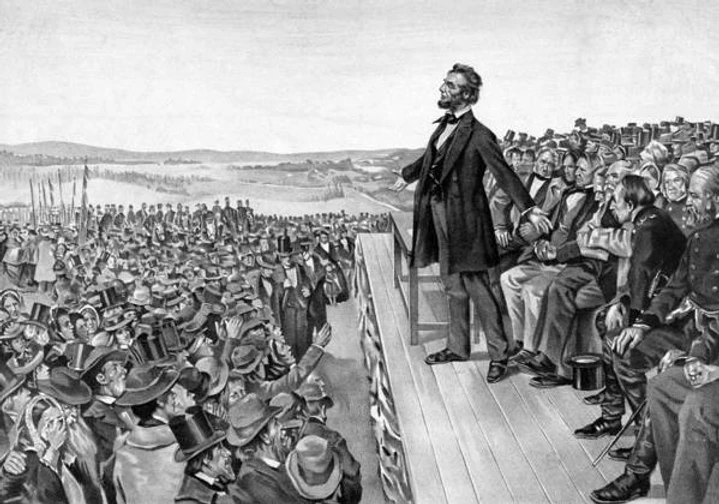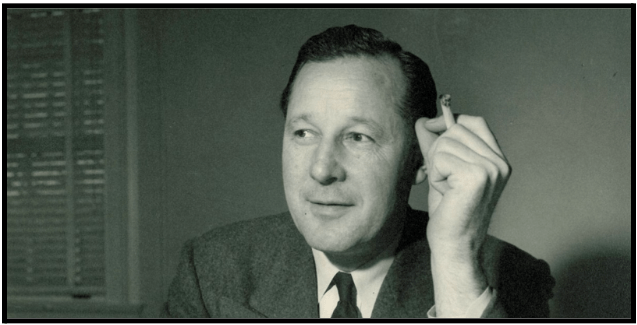Talking Big Ideas.
“Tell me what you read. I will tell you what you are.”
~ Goethe
What’s the most famous speech in American history?
Abe Lincoln’s address at Gettysburg is a contender. The Oxford library has it cast in bronze as an illustration of what can be accomplished with the English language.
Aside from the opening, is there anything from the Gettysburg Address that you can recall from memory? Take a second and think if Lincoln was able to stick any phrase inside your head.
The one that seems to stick the most is this:
government of the people, by the people, for the people
Was it stuck in your head? It’s quite catchy. How did Lincoln come up with this immortal phrase?
As it turns out, he didn’t.
Lincoln loved to read. His law partner gave him a book by the minister Ted Parker, which includes a speech called The American Idea. Lincoln underlined this line from the speech:
“A democracy—that is a government of all the people, by all the people, for all the people”
So it was Ted Parker who came up with Lincoln’s iconic line.
Except he didn’t. Twenty years before Parker said it, Daniel Webster delivered his iconic, two-day Second Reply to Hayne, lauded today as The Most Famous Senate Speech. He included this line: “the people’s government, made for the people, made by the people, and answerable to the people.”
Webster was a world-class orator, so it makes sense the line came from him.
Except, again, it didn’t.
Half a millennium earlier — in the 1300s! — the philosopher John Wycliffe translated the Holy Scriptures to Middle English and wrote in the preface: “this Bible is for the government of the people, by the people, and for the people.”
Wycliffe was a student of history. He knew that more than a thousand years before he was born, a general from the Peloponnesian War stood before the people of Athens and spoke about a ruler “of the people, by the people, and for the people.”
Where did the general discover the phrase? I don’t know, but I like to think it continues to travel back through time, sticking inside countless minds of the distant past.
***
We all constantly absorb ideas from the world around us.
We read books and articles. We have conversations with friends and sit through meetings at work. We watch shows and scroll social media feeds.
Some of these ideas are useful, even brilliant. Others are mediocre, or harmful.
The more we can surround ourselves with brilliant ideas, the more they will soak inside us and shape our thinking and speaking. The best speeches in history borrow from, well, the best speeches in history.
The truth is, we all repeat the ideas and insights of others. The only question is, are we repeating the brilliant, the mediocre, or the harmful?
***
![]() IDEA
IDEA
Ideas and speeches aren’t created in a vacuum. We build on and borrow from the insights of others.
Review a timeless speech, essay, or book chapter. What single passage stands out the most to you? Capture it by typing or writing it out.
BONUS
This weekend, share the passage you capture with a friend during a conversation.
***
Thomas Jefferson once wrote, “I have given up newspapers in exchange for Tacitus and Thucydides, for Newton and Euclid, and I find myself much the happier.”
He also wrote the U.S. Declaration of Independence. Sections of its text have since been lifted and used in other Declarations worldwide, from Costa Rica to Hungary to New Zealand.
In writing the U.S. Declaration, Jefferson took ideas and phrases from his mentor George Mason’s work, notably the Virginia Declaration of Rights.
George Mason’s words, incidentally, were drawn from John Locke.
If you find this useful, please subscribe to our free weekly newsletter.




